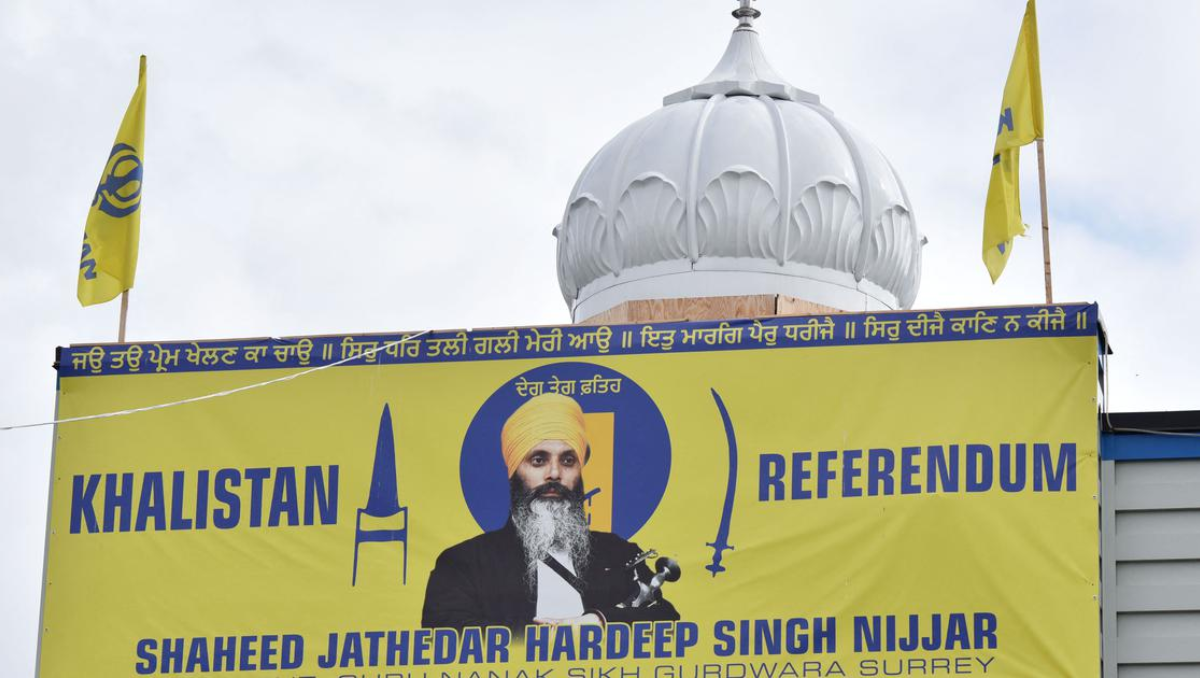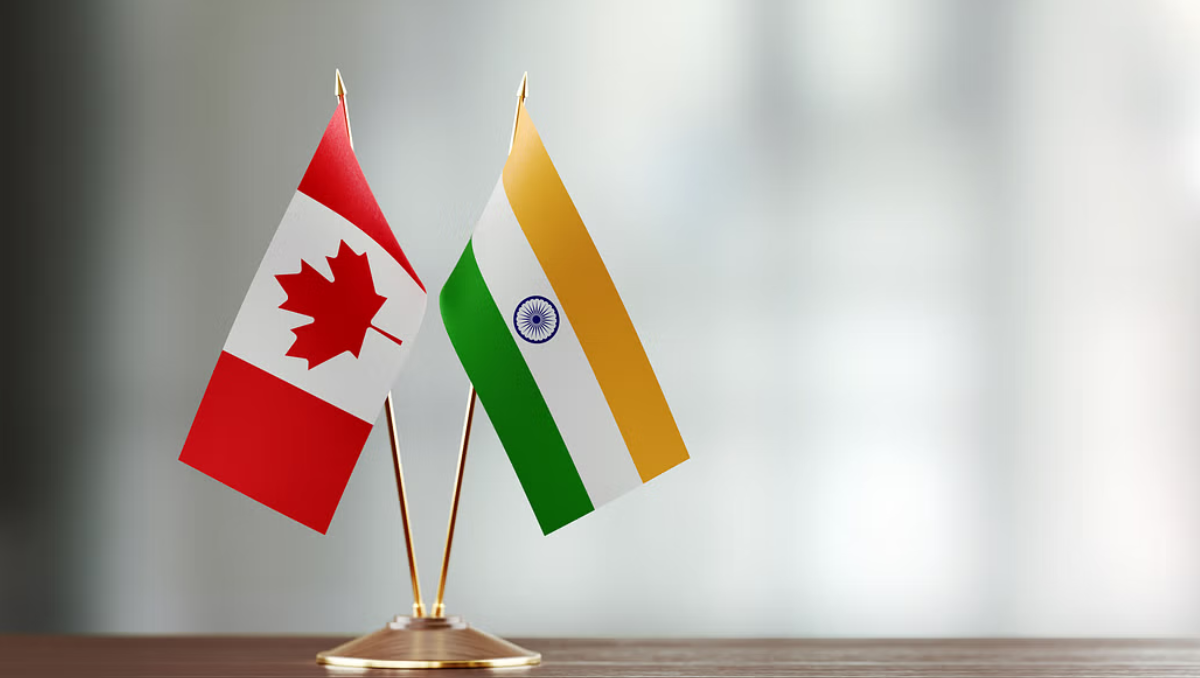Following PM Trudeau’s claims of a “possible” role for Indian operatives in the June murder of Khalistani extremist separatist Hardeep Singh Nijjar in the Canadian municipality of Surrey, relations between India and Canada became severely strained.
According to the Indian High Commissioner to Canada, no specific or pertinent information was given to India to assist the Canadian authorities in their investigation into Nijjar’s assassination.
Indian High Commissioner to Canada Sanjay Kumar Verma has reiterated New Delhi’s stance on the diplomatic deadlock with Ottawa over the murder of Khalistani separatist Hardeep Singh Nijjar and asked Ottawa to provide proof for its claims about India’s participation.
Verma categorically rejected India’s involvement in the Nijjar death in an interview with a Canadian publication that was published on Saturday, stating that Canada had not yet provided India with any hard proof.
PM Trudeau’s remarks in public have harmed the ongoing Canadian police investigation into the murder. In an interview with The Globe and Mail, Verma stated that there isn’t any particular or pertinent information in this case that would allow us to help them with their inquiry.

(Image Source : Scroll.in)
In September, Prime Minister Trudeau told the Canadian Parliament that Canadian security services have been aggressively investigating plausible claims of a possible connection between Indian government operatives and the death of Canadian citizen Hardeep Singh Nijjar.
Verma was reported as asking, “Where is the evidence?” during the questioning. Where is the investigation’s conclusion? Going a step further, I contend that the investigation has already been tainted. Someone in a position of authority has given the order to claim that agents from India are responsible for it.
You are discussing proof and unlawful wiretapping. By all international law, discussions between two diplomats are confidential. He responded, “Show me how you captured these conversations.”
Additionally, he stated that New Delhi has asked Ottawa 26 times in the last five or six years to extradite individuals from Canada, but that it has not received a response to any of those requests.
Verma also raised concerns about his own safety as well as the protection of Indian diplomats, an issue previously raised by External Affairs Minister S Jaishankar, who halted the issuance of visas for Canadian nationals visiting India.
Following Nijjar’s passing, the Sikhs For Justice (SFJ) organisation and its leader Gurpatwant Singh Pannun have frequently threatened the Ambassador. “”I think that’s hate speech that incites violence. I’m worried about my security and safety.” Verma expressed concern for the protection and safety of his consul generals.
Speaking on Saturday, Jaishankar stated that both India and Canada have been in communication and that they were hopeful a solution to their diplomatic crisis will be reached.
I think there’s a chance for diplomacy to work here. I am aware that my Canadian counterpart has voiced a similar opinion. Thus, Jaishankar stated during a Q&A session at the Hindustan Times Leadership Summit, “We have been in touch.”
It is definitely my wish that we manage to find a way. Sensitivity and sovereignty are two-way streets. They might be worried about things. The Union minister declared, “I have never once told a nation that I won’t speak with them about their reasonable worries.”
In order to maintain parity, Canada was requested to decrease its diplomatic presence in India, and as a result, 41 diplomats were removed. Notwithstanding the tense relations between the two nations, Verma stated that India would like to strengthen commercial ties and go back to the trade table to negotiate a deal.



